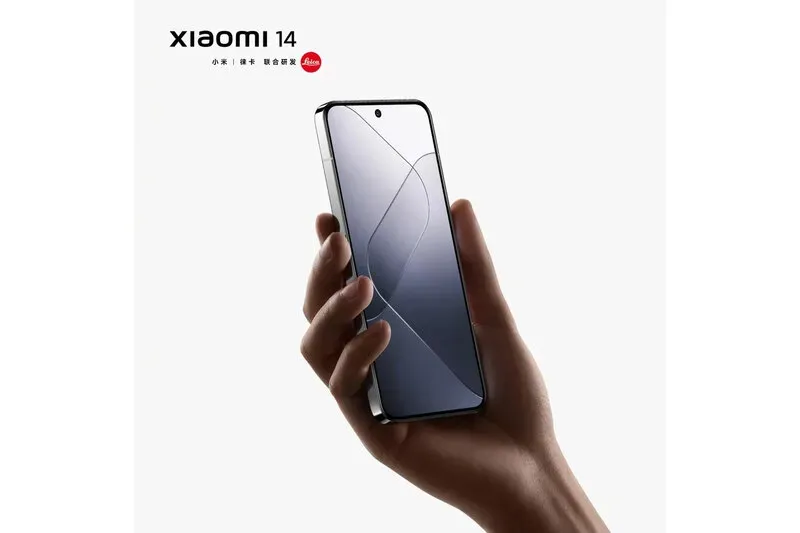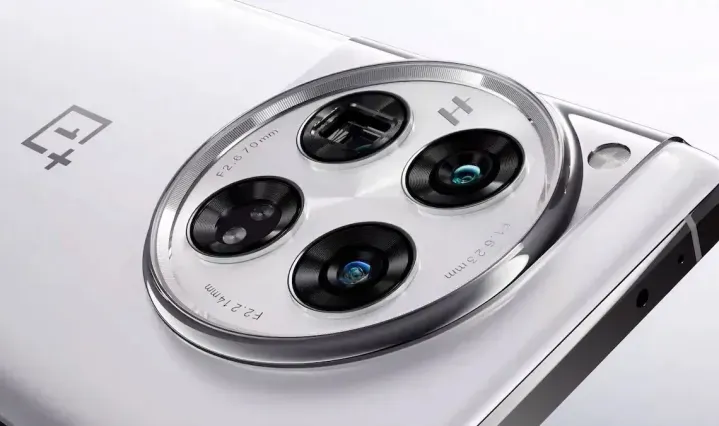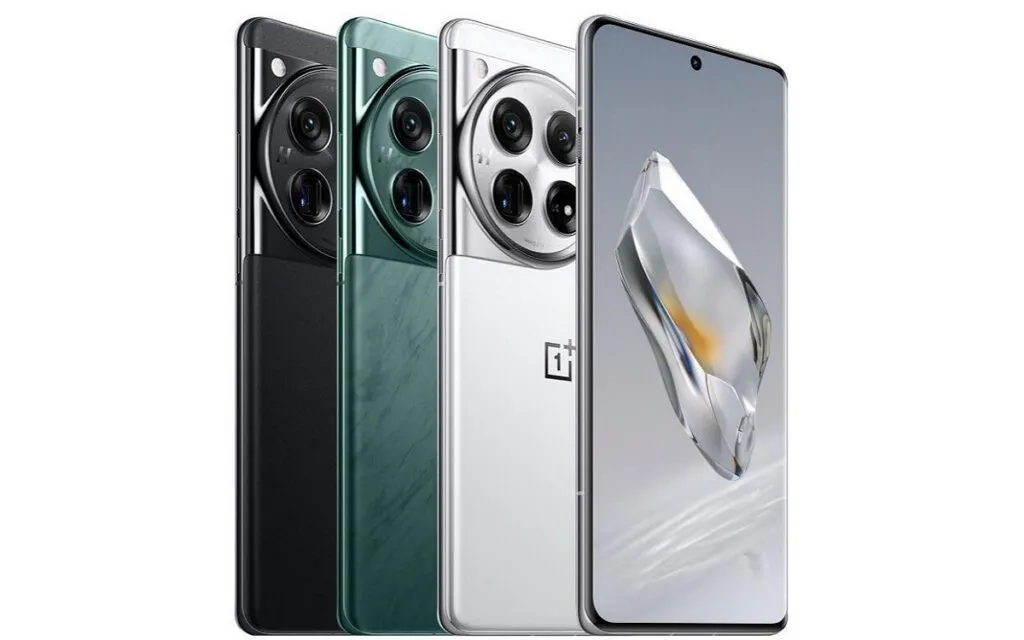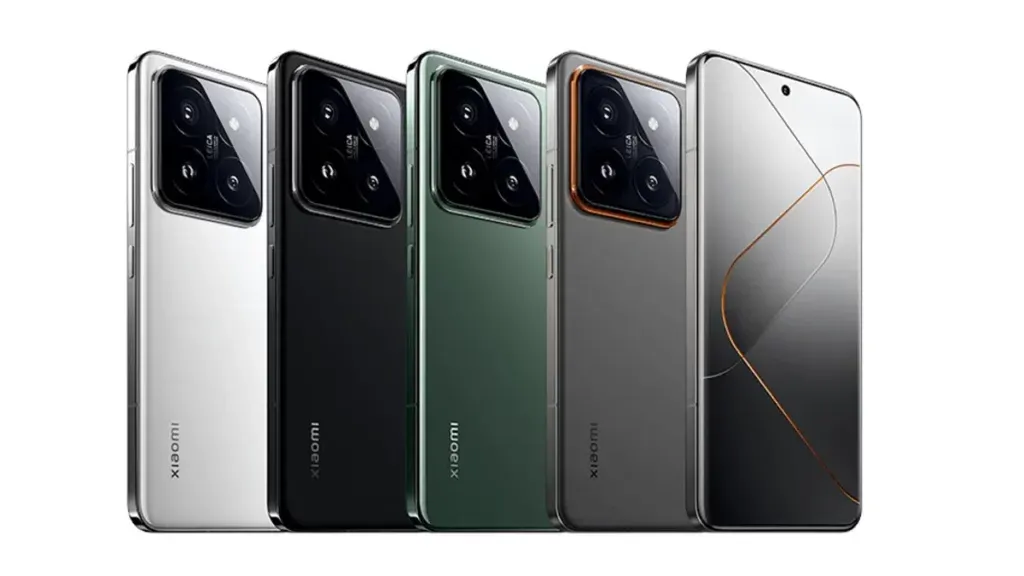The OnePlus 12 and Xiaomi 14 smartphones stand out for their distinct features, offering unique user experiences. From design to battery, let’s take a closer look at the key points of comparison between these two technological gems.
Design and durability
The design philosophies of the two phones suggest divergent choices. The Xiaomi 14, with its compact dimensions of 152.8 x 71.5 x 8.2 mm and weight of 188 grams, prioritises manoeuvrability and comfort. Its elegance will appeal to fans of more compact devices. In contrast, the slightly larger and heavier OnePlus 12, at 163.3 x 75.8 x 9.2 mm and 220 grams, offers a more robust feel in the hands. Both share a high-end build, but the Xiaomi 14 stands out with its IP68 certification, ensuring increased resistance to dust and water compared to the IP65 rating of the OnePlus 12.

Immersive display
The display is crucial, and here the differences are palpable. The Xiaomi 14 sports a 6.36-inch OLED display with a Full HD+ resolution of 1200 x 2670 pixels, offering vibrant black colours and depth. On the other hand, the OnePlus 12 offers a larger 6.82-inch AMOLED display with a Quad HD+ resolution of 1,440 x 3,168 pixels, offering an even sharper visual experience. This makes it an ideal choice for avid media and gaming users.
Specifications and Software
Both phones are powered by the powerful Qualcomm Snapdragon 8 Gen 3 chipset, but the differences lie in the memory configurations. The Xiaomi 14 offers options from 8GB to 16GB of RAM and storage variants from 256GB to 1TB. In contrast, the OnePlus 12 goes further with a maximum RAM option of 24GB, offering a significant advantage for power users. In terms of software, the Xiaomi 14 packs HyperOS, rich in customisation, while the OnePlus 12 sports OxygenOS, a no-frills experience close to stock Android.

Versatile camera
The camera department is an area of fierce competition. The Xiaomi 14 offers a 50MP triple camera setup, while the OnePlus 12 opts for a 50MP + 64MP + 48MP configuration. This diversified approach on the OnePlus 12 offers potentially superior performance, particularly in specific situations such as zooming and wide-angle shots. Both phones share 32MP front cameras, although the Xiaomi 14’s front camera has a slightly wider aperture, offering an advantage in low-light conditions.
Long battery life and fast charging
Battery is a key criterion, and here the OnePlus 12 takes the lead with a 5,400mAh battery, beating out the Xiaomi 14’s 4,610mAh capacity. What’s more, the OnePlus 12 offers 100W fast charging, surpassing the Xiaomi 14’s 90W. This translates into longer battery life and faster charging, offering a significant advantage to mobile users.


Verdict: How do the OnePlus 12 and Xiaomi 14 compare?
In conclusion, the choice between the OnePlus 12 and the Xiaomi 14 will depend on individual preferences, whether it’s for compact design, display quality, camera performance or battery life. Both models offer high-end features, but with different focuses, providing a variety of choices for discerning consumers.
By the way:
